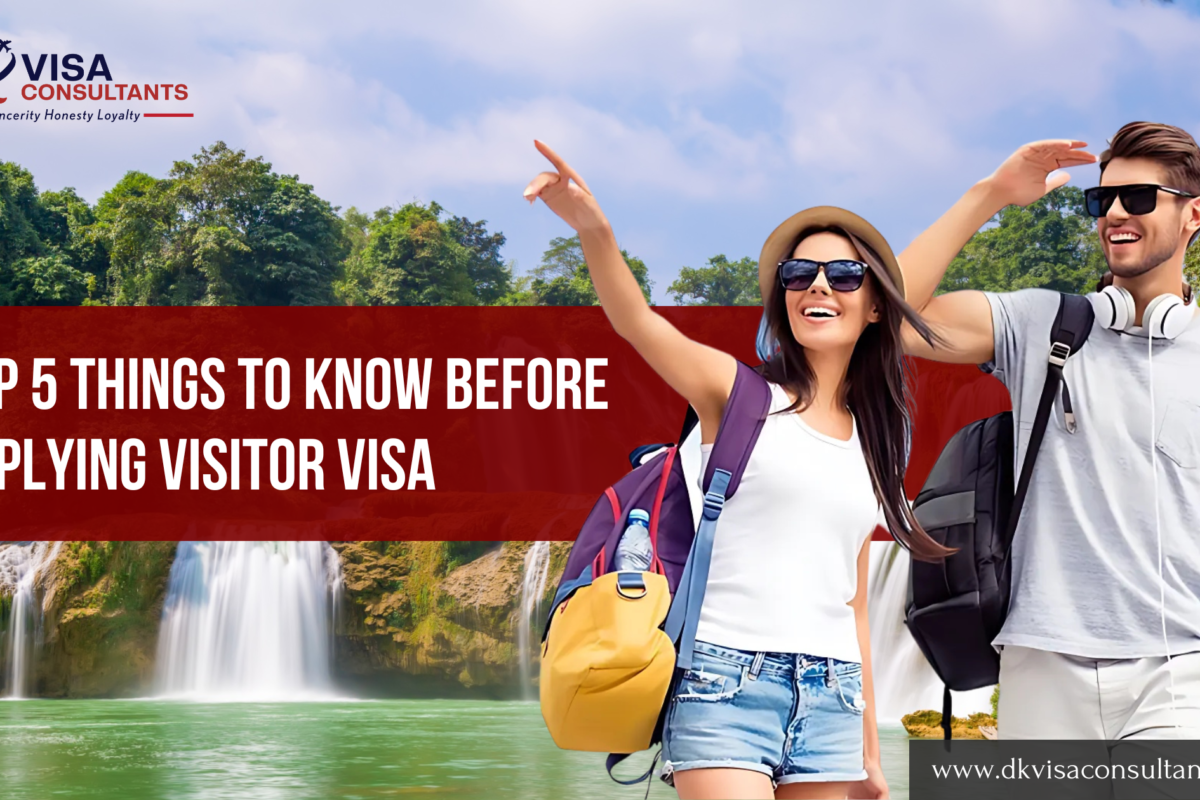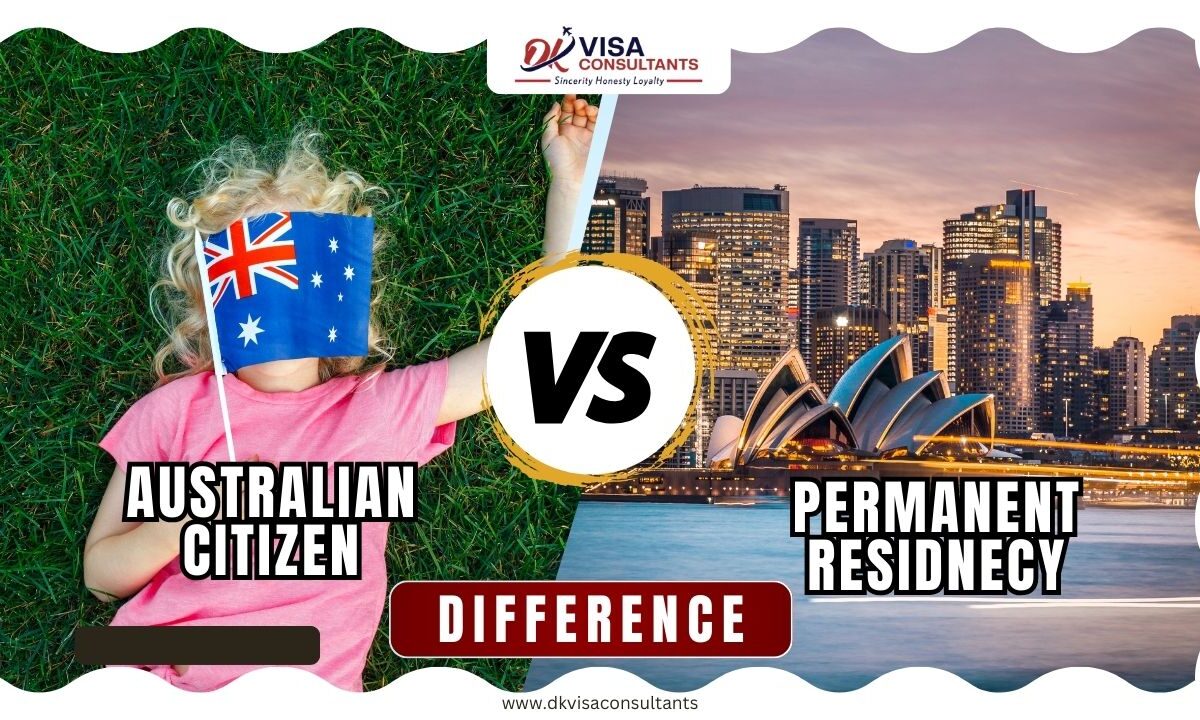Finding the Most In-demand Jobs in the UK for Indians can be a game-changer for professionals. Seeking international opportunities with visa sponsorship. Recent policy changes in the UK have introduced the Immigration Salary List. The Temporary Shortage Occupation List to replace the older Shortage Occupation List.
These adjustments aim to identify jobs making it easier for foreign skilled workers to secure roles and apply under visa routes. Understanding which roles are in demand, salary thresholds, and required skills helps align career planning and improves success chances.
Read the blog to know about the most in-demand jobs in TK for Indians with recent visa framework.
Why demand for certain jobs in the UK?
Before listing the roles, it helps to know why demand is strong in certain sectors:
- Labour shortages caused by demographic shifts (ageing population), pandemic effects, and migration flows.
- Economic recovery and infrastructure plans: large scale construction, housing, green energy, and government-backed investment in public services.
- Digital transformation: businesses increasingly rely on cloud computing, AI/data, cybersecurity.
- Education and health sector pressures: schools and NHS face gaps in qualified staff.
- Policy changes: introduction of Temporary Shortage List (TSOL) and Immigration Salary List (ISL) makes sponsorship for certain roles more accessible.
These trends shape what professions are currently most in demand, and what kinds of jobs offer visa sponsorship and stability.
Key sectors and roles in demand for Indian professionals
Here are sectors showing strong demand in 2025, with specific roles, approximate salaries, key requirements, and visa-sponsorship considerations.
| Sector | Roles in Demand | Typical Salary Range* | Key Requirements | Visa / Sponsorship Notes |
|---|---|---|---|---|
| Healthcare & Social Care | Registered nurses (various specialisations), midwives, doctors (GPs; emergency medicine; psychiatry; radiology), paramedics, radiographers, senior care workers | £28,000-£80,000 depending on seniority and specialty. Some specialist doctors earn higher. | Relevant clinical qualifications; registration with UK professional bodies (NMC, GMC etc.); good English proficiency; clinical experience. | Jobs frequently appear on the Temporary Shortage Occupation List; Health & Care visa often applies; employers may provide sponsorship. |
| IT / Technology / Cybersecurity | Software developers; AI / ML engineers; data scientists; cybersecurity specialists; cloud/DevOps engineers | £45,000-£95,000+ depending on role, location, experience. | Strong coding skills; relevant certifications; portfolio/projects especially for AI/data; experience in cyber security or cloud; sometimes knowledge of regulations. | Many tech-roles are eligible under Skilled Worker visa; TSOL/ISL lists include several tech titles. Employers in London/South East often provide higher salaries. |
| Engineering & Construction | Civil engineers; mechanical / electrical engineers; structural engineers; quantity surveyors; technicians (electrical, mechanical, QA) | £40,000-£65,000 (senior) / £30,000-£50,000 (mid-level) depending on region. | Accredited degree in engineering; membership in UK relevant institutions; experience on UK or international projects; sometimes trade licences. | Many roles appear in TSOL; large infrastructure & housing projects often sponsor; must satisfy salary threshold under ISL or TSOL. |
| Education & Teaching | Secondary school teachers in STEM (Maths, Physics, Chemistry, Computer Science); special educational needs (SEN) teachers; early childhood education; English Language specialists | £30,000-£50,000+ depending on level, experience, and subject; higher for senior/leadership roles. | Teaching qualifications (PGCE or equivalent); subject specialist knowledge; possibly QTS/TRA registration; experience; strong communication in English. | Some teaching roles are designated as shortage occupations; visa sponsorship often available through schools with sponsor licence. |
| Skilled Trades / Technical Roles | Electricians; plumbers; roofers; welders; building trades; technicians in laboratories, production, QA | £25,000-£45,000 depending on trade, experience and location. | Trade qualifications or certifications; on-the-job experience; often evidence of competence; sometimes apprentice or certification equivalence in UK. | Many trades now included in TSOL; important to check if trade is in ISL or TSOL for eligibility. Sponsorship is possible when employer holds licence. |
| Green Energy / Environmental Roles | Renewable energy engineers; sustainability experts; environmental scientists; roles in energy transition projects | Salaries vary; senior roles can reach £60,000+; mid-levels often lower. | Relevant degrees/certifications; experience in green or environmental sector; willingness to work in project sites; possibly regulatory knowledge. | Demand growing thanks to UK government’s net zero targets; certain roles may appear on shortage / technical lists. |
| Finance / Accounting / Business Services | Qualified accountants (ACCA, CIMA, ICAEW); auditors; financial analysts; business analysts; risk & compliance roles | £35,000-£70,000+ depending on seniority, region, firm type. | Professional qualifications; experience in UK or international contexts; strong analytical / regulatory skills; sometimes familiarity with UK financial regulations and systems. | Visa sponsorship possible; finance roles sometimes included in eligible occupations under ISL or via employer sponsorship. |
* Salaries are indicative and depend heavily on region (London & South East premiums), seniority, employer size, and experience.
Key policy / visa framework details
- Skilled Worker visa: primary route for most of the roles listed. Employers must hold a sponsor licence, issue a Certificate of Sponsorship. Roles must meet skill level and salary threshold.
- Temporary Shortage Occupation List (TSOL): valid from 22 July 2025 until 31 December 2026. Jobs on this list may benefit from reduced salary thresholds and eased sponsorship requirements.
- Immigration Salary List (ISL): determines which roles and salaries are acceptable under Skilled Worker route in non-shortage occupations. Changes were introduced around mid-2024.
- Professional registration / qualifications: Many roles (especially in healthcare, teaching, engineering) require UK professional registration (e.g. GMC, NMC, TRA) or recognition of foreign qualifications.
- English language proficiency: Most visa routes require meeting certain English language standards (IELTS, OET etc.).
- Region matters: Job availability, salaries, cost of living differ significantly between London/South East and the rest of UK (Midlands, Northern England, Wales, Scotland). Employers outside London sometimes offer lower salaries but also lower living costs.
How Indian professionals can prepare
- Map qualifications to UK standards:
Evaluate whether degrees, certificates are recognised or need equivalence. Sometimes additional courses or exams required.
- Gain relevant experience:
Hands-on roles or projects; for tech roles, personal/side projects or open source contributions help. For healthcare, evidence of clinical experience.
- Certifications:
For tech, cybersecurity, cloud etc., certifications such as AWS, Azure, CISSP, etc., enhance prospects. Trades, relevant UK trade recognition is beneficial.
- Research employers with sponsor licences:
Only employers with valid licences can issue sponsorship. Government’s register of licensed sponsors should be checked.
- Tailor CV / cover letter in UK style:
Emphasis on measurable achievements, concise format, highlight relevant experience, professional registration, and any shortage occupation / sponsor information.
- Keep updated on policy changes:
The UK Home Office periodically adjusts salary thresholds, eligible occupations, immigration rules. TSOL, ISL will evolve.
Recent changes to be aware in UK
- The Shortage Occupation List was replaced / supplemented by the Immigration Salary List and the Temporary Shortage Occupation List.
- New entrants and mid-skill jobs may have adjusted salary thresholds under TSOL, sometimes lower than standard rates for sponsorship.
- Trade and technical occupations (electricians, plumbers, roofers etc.) are being increasingly recognised in shortage / skilled trade lists, reflecting increased demand.
- STEM teachers are in persistent shortage, especially in secondary education (subjects such as Maths, Physics, Computer Science).
Conclusion
In 2025, the Most In-demand Jobs in the UK for Indians are clustered around healthcare, tech, engineering, teaching, skilled trades, green energy and finance. Roles that satisfy visa-eligibility, are on the Temporary Shortage Occupation List or meet Immigration Salary List thresholds, and where required qualifications / registrations are in place, offer solid pathways for Indian professionals seeking overseas opportunities.
Form more information, visit DK Visa Consultant office. Our team will offer comprehensive guidance.
FAQ
Q1: What is the difference between the Temporary Shortage Occupation List (TSOL) and the Immigration Salary List (ISL)?
Ans: TSOL is a list of job roles identified by UK Home Office as facing urgent labour shortages. Roles on TSOL often have reduced salary thresholds and more favourable treatment for visa sponsorship under the Skilled Worker visa. ISL sets out which occupations and minimum pay rates are acceptable for sponsorship when roles are not on the TSOL. These two lists work together to define eligible roles and salary criteria.
Q2: Are all in-demand jobs in the UK guaranteed to provide visa sponsorship?
Ans: Not necessarily. Even if a role is in demand or listed under TSOL/ISL, the employer must hold a valid sponsor licence. Some employers explicitly state “visa sponsorship available” in job adverts; others do not. It is essential to verify whether the hiring organisation is registered as a sponsor before committing resources to an application.
Q3: Which roles are easiest for Indians to get under visa-friendly conditions?
Ans: Roles in healthcare (nurses, doctors), STEM teaching, tech (software, data, cybersecurity), and skilled trades that are on TSOL are among the most accessible because of high demand and policy adjustments favouring them.
Q4: How important is obtaining UK professional registration or certification?
Ans: Very important. Many roles (especially in healthcare, engineering, teaching) require professional registration (e.g. General Medical Council, Nursing and Midwifery Council, Teaching Regulatory Authorities). Having recognised certifications or credentials strengthens applications.
Q5: What is the minimum salary requirement under the Skilled Worker visa or TSOL for typical roles?
Ans: The minimum salary depends on role, region, and whether the role appears on TSOL. TSOL roles often allow lower pay thresholds than non-shortage roles under ISL. Exact figures change over time, so verifying current threshold on official gov.uk sources is crucial.
Q6: Is knowledge of English or any additional language required?
Ans: Yes. English language competency (via exams like IELTS, OET etc.) is almost always required for Skilled Worker visa and professional registration. Some roles may require higher standards. Additional languages can strengthen teaching or multilingual roles but are not always compulsory.
Q7: Should recent graduates or fresher candidates consider moving for UK jobs now?
Ans: Yes, especially in tech (entry level software, data roles), some trades, and teaching (after qualification). But competition is higher in lower experience brackets. Earning relevant internships, certifications, or strong academic records helps. For freshers, roles in STEM, tech or apprenticeships may offer solid entry points.



